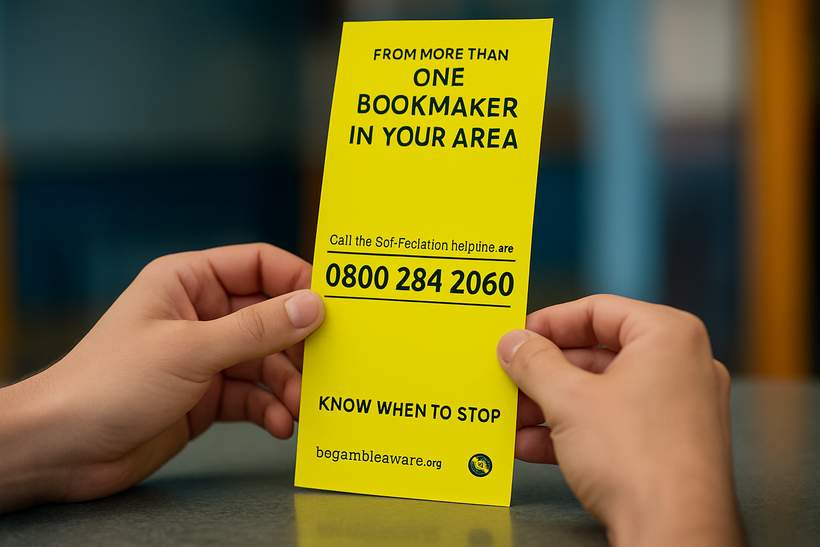GambleAware Reveals How Celebrities and Influencers Increase Gambling Exposure Among Youth

Survey Reveals Widespread Gambling Exposure Among Teens
GambleAware recently released findings from a survey conducted by Social Finance and Sherbert Research. The study found that 87% of students aged between 13 and 17 have been exposed to gambling in some form.
Social Media Platforms Are Key Channels for Gambling Content
Young participants reported seeing gambling content most frequently on platforms such as YouTube, TikTok, Instagram, Kick, and Twitch. About one in six surveyed teenagers noted that influencers and content creators actively promote gambling, often sharing direct links to gambling products, which are accessible to children as well.
One participant shared, “I usually come across this type of content daily since I use TikTok every day.” Another highlighted that this gambling-related content appears without any prior searches or interest, as algorithms show it to minors regardless.
Significantly, 79% of those surveyed believe there should be stricter regulations banning gambling advertisements and content on social media. Additionally, 78% feel that no one under 18 should be allowed to see gambling promotions. One respondent even remarked that they encountered so many YouTube gambling ads that “it wasn’t even funny.” Moreover, 67% of young people think celebrities and influencers should be prohibited from promoting gambling to their audiences.
Call for Updated Laws Reflecting Gambling’s Growing Presence
Zoë Osmond OBE, CEO of GambleAware, emphasized the importance of understanding how content consumed via mobile devices and social media influences young people. She pointed out that social media influencers play a significant role in exposing children to gambling.
Osmond stated, “It is unacceptable that children’s environments remain saturated with content meant for adults. The constant exposure to gambling promotion by influencers helps normalize gambling among school-aged children. Early exposure increases the likelihood of experiencing gambling-related harm later in life.”
Concerns Over the Effectiveness of Responsible Gambling Advertisements
Further research has raised concerns about adverts aimed at encouraging safer gambling. These ads may inadvertently fail their purpose by not clearly portraying gambling as a potentially addictive and risky activity, potentially diminishing the urgency of responsible gambling messages.